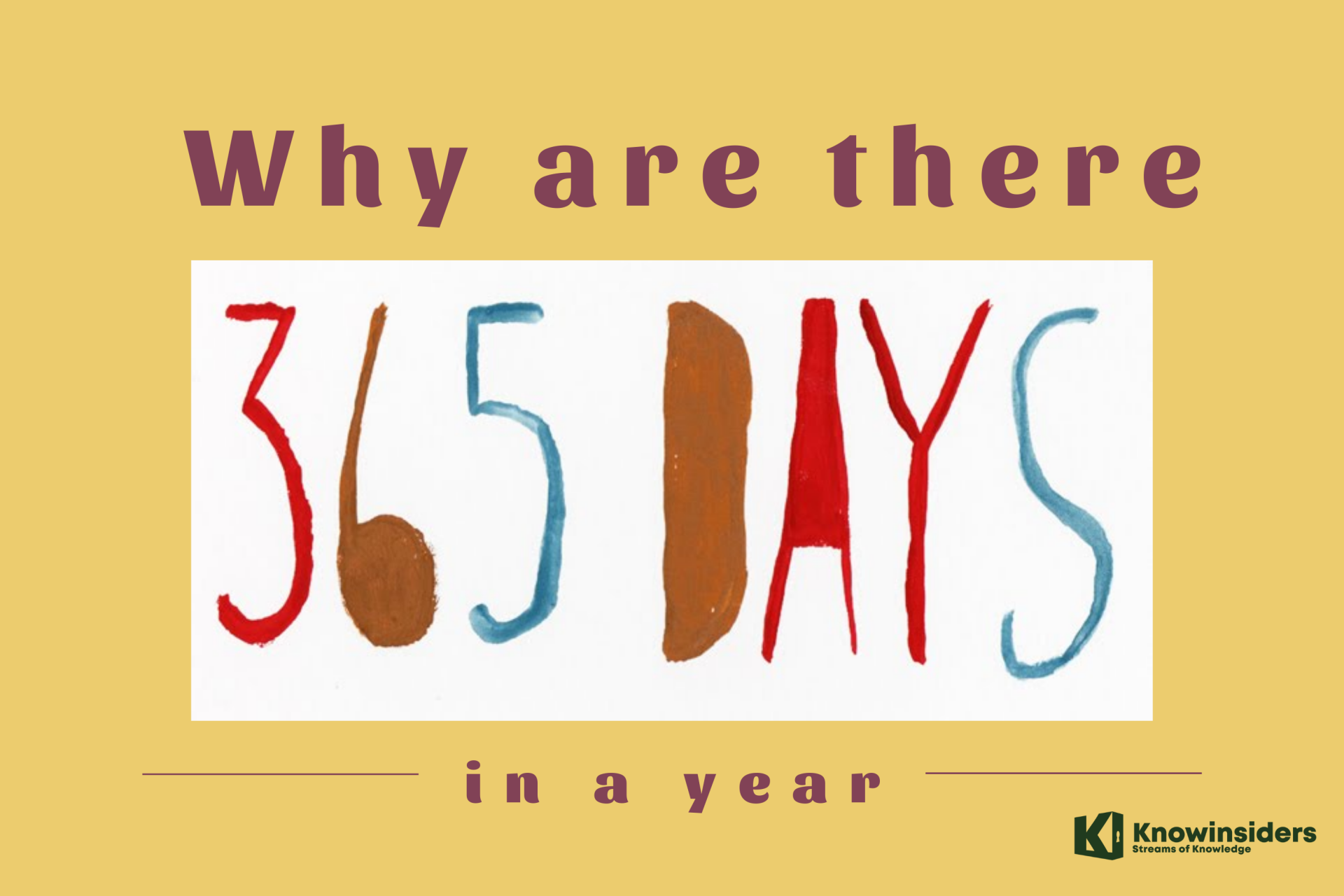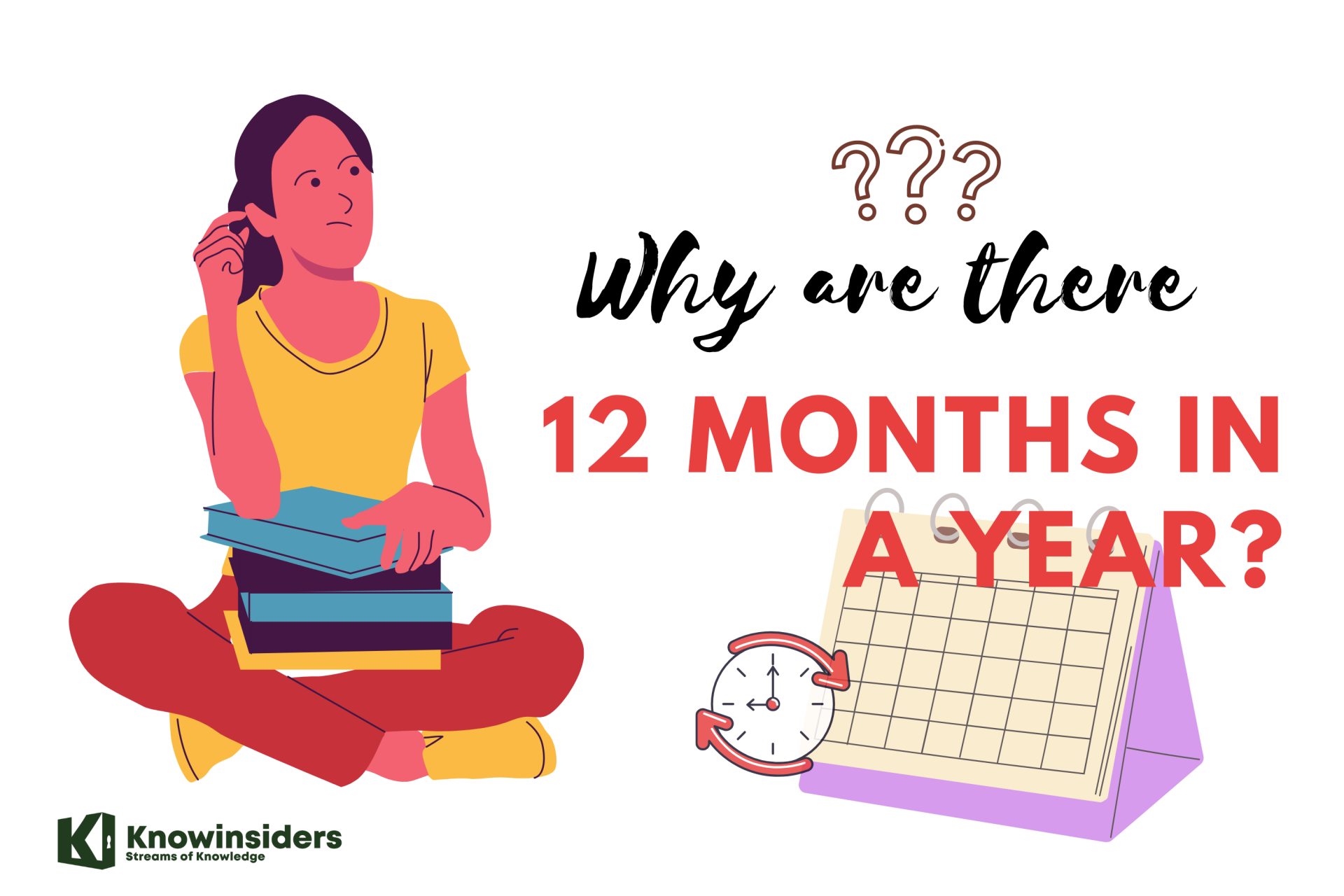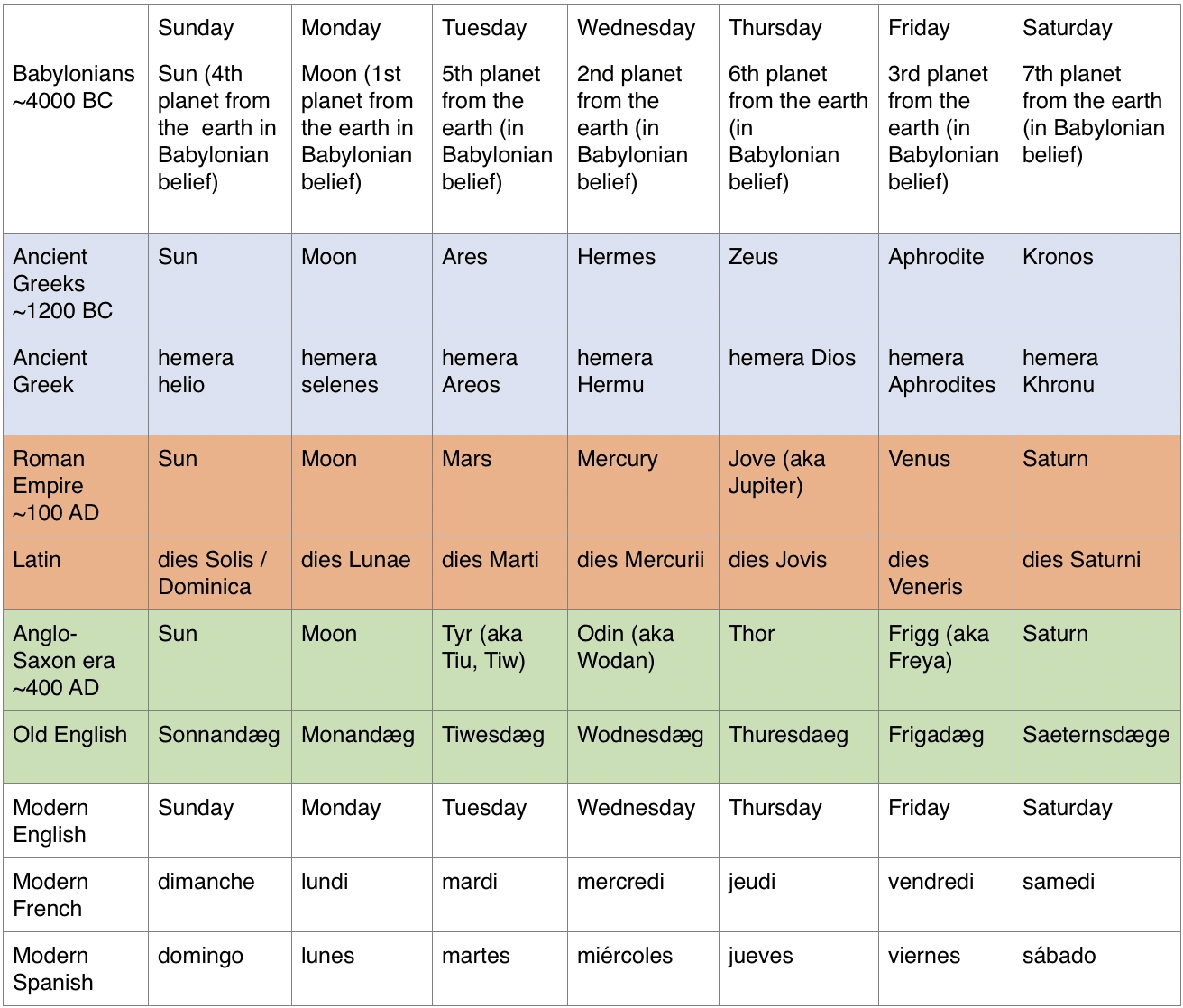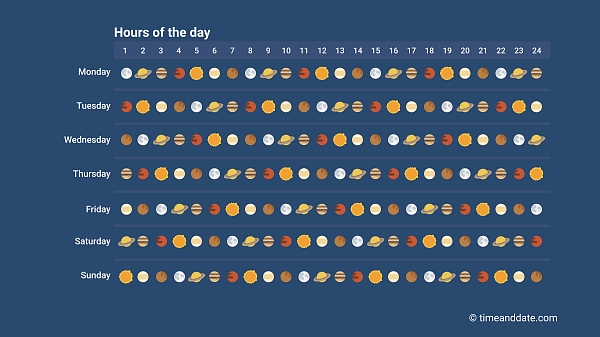Why Are There Seven Days in a Week?
 |
| Why are there seven days a week? Photo: KnowInsiders |
Waiting for the weekend can often seem unbearable, a whole six days between Saturdays. Having seven days in a week has been the case for a very long time, and so people don’t often stop to ask why.
Most of our time reckoning is due to the movements of the planets, Moon and stars. Our day is equal to one full rotation of the Earth around its axis. Our year is a revolution of the Earth around the Sun, which takes 365 and ¼ days, which is why we add an extra day in February every four years, for a leap year.
A day and a year
Our Earth takes roughly 24 hours (23 hours 56 minutes to be exact) to have a complete rotation around its axis, and this is what our duration of a day corresponds to. Furthermore, we complete one revolution around Sun in approximately 365 days (again 365 days, 5 hours, 59 minutes, and 16 seconds to be exact), and this is what our perception of a year refers to. Almost all our perceptions of various measures have an astronomical significance associated with them. So there’s an obvious reason to believe that the concept of a 7-day long week should also have some astronomical connection.
Why are there seven days a week?
 |
| Photo: Pinterest |
We assign democracy to the Greeks, bridges and roads to the Romans but the seven-day week had its origin in the Babylonian ancient civilization. The culture of those who lived in Mesopotamia (modern Iraq) was one of the world’s most prominent around 1,000 and 2,000 BC before Greece and Rome dominion. As outstanding astronomers, Babylonians came up with a calendar intended to predict the movement of the moon as well as its transition between each phase: full, waning half, new and waxing half. Whereas Earth and Sun help us identify days and years, the whole moon cycle sheds light on months. That is because it takes approximately 28 days (plus 1 or 2-day arrangement) for the moon to go through the 4 phases. And how long each of them take? Yup: 7 days.
Furthermore, the number 7 had been tied down to a certain mysticism. As you already know, astronomy and astrology were considered enthusiastic fields of study by Babylonians. They then resorted to a sort of horoscope to assign each of the 7 days to the 7 planets visible to the naked eye:
Likewise Judaism, the Roman Empire adopted Babylonia’s calendar to their worldview by Constantine, the first Catholic Roman Emperor, since the 1st century BC. Most scholars agree upon saying that the seven-day week popularity in modern times is mostly due to Rome and Christianity.
 Why are There 365 Days in a Year? Why are There 365 Days in a Year? Have you ever wondered why there are 365 days in a year instead of 364? Check out this article to find out the answer! |
 Why are There 12 Months in a Year? Why are There 12 Months in a Year? We all know that there are seven days in a week and 12 months in a year. A quick glance at the calendar confirms these ... |
Roman Gods Named Days of the Week
 |
| We call the days of the week after the sun, the moon, and a collection of Norse and Roman gods and goddesses. Photo: Quick and Dirty Tips |
However, historians generally agree that it was the Romans who, a few hundred years later, added many features of the modern 7-day week by adapting the Babylonian system to their worldview.
From around the 1st century BCE, they introduced a system where each day was named after one of their pagan gods, each of whom was associated with one of the classical planets. For example, Saturday died Saturni, the day of Saturn.
In most Latin-based languages, the names of the weekdays still reveal this connection to the classical planets. However, in many cases, the Roman deities have been replaced by their Norse or Germanic equivalents.
The Order of the Weekdays
Like the modern names of the weekdays, their order within a week has its roots in ancient Rome. The Romans observed the speed at which the classical planets crossed the sky and concluded that the fastest object must have the shortest distance to the Earth, while the slowest object was believed to be farthest away.
This resulted in the following order, from greatest to shortest assumed distance from Earth, displayed here with the associated day of the week:
The classical planets and their perceived distance from Earth, with associated days of the week.
-
Saturn (Saturday)
-
Jupiter (Thursday)
-
Mars (Tuesday)
-
Sun (Sunday)
-
Venus (Friday)
-
Mercury (Wednesday)
-
Moon (Monday)
 |
| Roman planetary hours. Photo: Time and Date |
The ancient Romans also believed that each hour of the day was governed by one of the deities associated with the celestial bodies. According to this planetary hours system, the 1st hour of the 1st day of the week was thought to be governed by the Moon. Following the above order for each consecutive hour, the 2nd hour was steered by Saturn, the 3rd hour by Jupiter, and so on.
By applying this pattern to all 168 hours of the week (see image), the Romans associated the 1st hour of each weekday with the following celestial bodies:
Day 1: Moon (Monday)
Day 2: Mars (Tuesday)
Day 3: Mercury (Wednesday)
Day 4: Jupiter (Thursday)
Day 5: Venus (Friday)
Day 6: Saturn (Saturday)
Day 7: Sun (Sunday)
| Many calendars and cultures around the world still observe Sunday as the first day of the week. Practically, however, with the modern five-day work week and two-day weekend, many people informally consider Monday to be the first day of the week and Sunday the last. |
>> Why the Sky is Blue - Scientific & Ancient Explaination
Other structures of a week
Although nowadays, the idea of a week with 7 days is prevalent almost everywhere, the number 7 wasn’t the only number associated with the number of days in a week in history. Babylonians went with the 7 days structure. There existed other civilizations for whom the definition of a week was different. For instance, the Egyptians had their own Egyptian calendar where they chose to have a week 10 days long, while for the Romans, their one week lasted for eight days as per their Roman calendar.
However, the Babylonians were such a dominant section of society in terms of culture that slowly, their notion of a week spread throughout the globe. Today, almost every continent, every country, every city, town, and village have got on board with the seven-day week.
Time and again, attempts have been made to change the concept of a seven-day week, but it seems that a 7 day week is here to stay for a prolonged era.
 Why Do Tree Leaves Change Color? Which Leads to The Change? Why Do Tree Leaves Change Color? Which Leads to The Change? Albert Camus once said, "Autumn is a second spring when every leaf is a flower." Why tree leaves change color in Autumn, check out the ... |
 When is Saga Dawa Festival: Significance, Celebrattion, Places to Visit and Why "The Poor’s Day' When is Saga Dawa Festival: Significance, Celebrattion, Places to Visit and Why "The Poor’s Day' Saga Dawa Festival is observed by Tibetan Buddhist as one of the important festival in their society. Read on to know its significance and activities ... |
 Why the sky is blue - Watch this EXPERIMENT to Find out Yourself Why the sky is blue - Watch this EXPERIMENT to Find out Yourself In this video of EXPERIMENT, we show you why the sky is blue. |
























